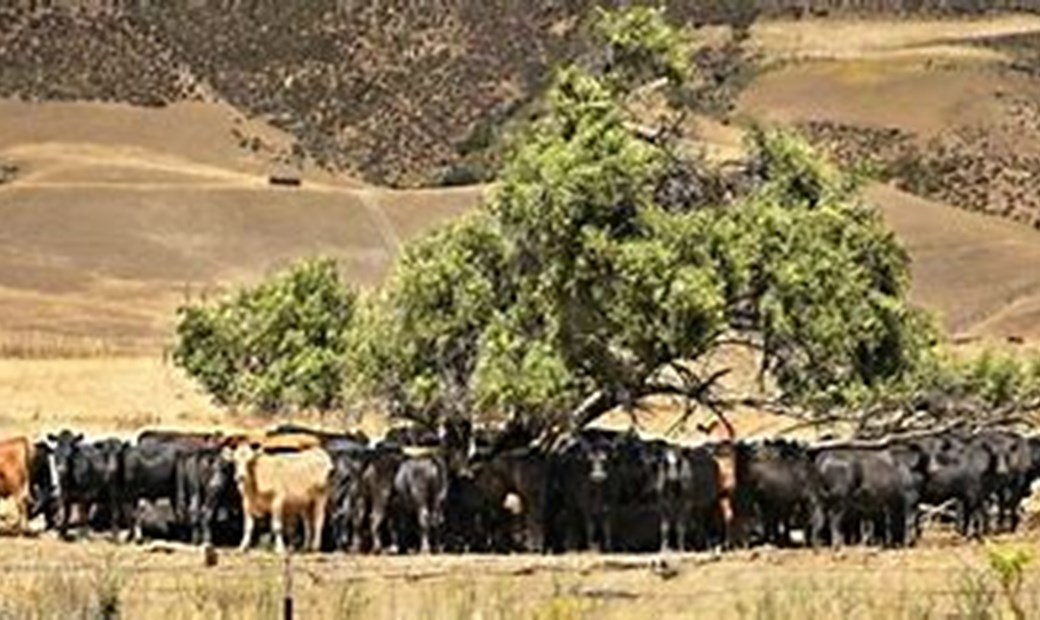More than two-thirds of the nations in the world, representing 5.7 billion people and 70 percent of global food production, signed a declaration at the UN climate summit assigning agriculture and food systems a role in combating global warming. It was the first such linkage of food and climate action and while it was applauded, the praise was salted with “show me” skepticism.
“A major milestone … [b]ut the real work begins now,” said the leader of a coalition of Asian farm groups. A World Resources Institute official said, “Governments must immediately include food and agriculture into [their] national climate plans — this means concrete actions, targets, timetables, and finance to get fossil fuels out of our food system, promote more diverse and nature-friendly farming, support small-scale producers and reduce methane.”
The so-called Emirates Declaration says any path to limiting climate change must include agriculture and food systems, which are estimated to produce from one-fourth to one-third of the world’s greenhouse gases. “We affirm that agriculture and food systems must urgently adapt and transform in order to respond to the imperatives of climate change,” said the declaration signed by 134 nations, including almost all of the world’s agricultural powerhouses.
The United Arab Emirates, the host of the COP28 summit, and the Bill and Melinda Gates Foundation launched a $200 million partnership for that focused on agricultural research, bringing agricultural innovation to usable scale, and funding technical assistance to implement the goals of sustainable food production and equitable access to food.
More than $2.5 billion has been mobilized to support the food-climate agenda, said Mariam bint Mohammed Almheiri, the UAE climate minister and COP28 food systems leader.
Agriculture is second to the energy sector in greenhouse gas emissions but has seen little attention in climate change negotiations. Similarly, agriculture is often a hornet’s nest in trade negotiations. Every nation has a farm sector and food security is a top priority of governments worldwide. “Agriculture is also much more decentralized than an industry like energy, which makes it fundamentally harder to tackle,” wrote Helena Bottemiller at Food Fix. “As the largest scale land-use issue globally that involves millions of farmers, it’s both complicated and politically fraught.”
On the same day as the declaration on agriculture, major oil companies announced at COP28 that they would reduce methane emissions from their wells and drilling operations by 80 percent by 2030. The Biden administration also announced EPA regulations to achieve a similar reduction.
“Methane is finally getting the attention it deserves but livestock — the single biggest source of methane emissions — is still a major blind spot,” said Nusa Urbanic, of Changing Markets Foundation. “Alongside commitments on finance, governments need to put regulation in place which requires big meat and dairy corporations to invest in methane mitigation and set targets for methane reduction.”
To read the declaration, click here.

